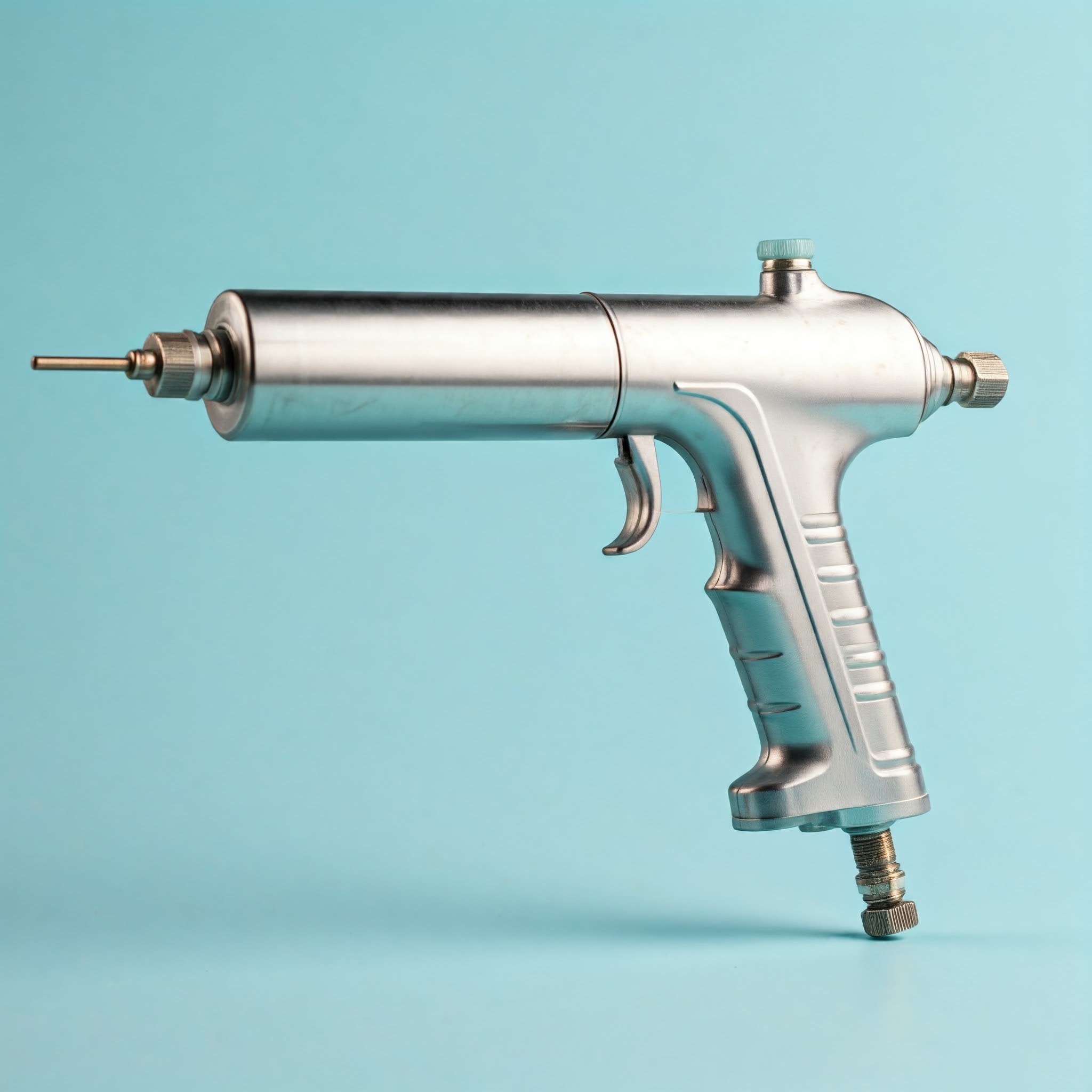What Ts an injection sprayer? This specialized tool is designed to efficiently apply liquid solutions, such as pesticides, fertilizers, or cleaning agents, through precise injection into desired areas. Whether you’re working in agriculture, landscaping, or any industry where controlled spraying is needed, understanding the functions and benefits of an injection sprayer is crucial.
What Is An Injection Sprayer?
An injection sprayer is a high-efficiency spraying tool used to inject liquids directly into specific areas or systems. It provides precision control over the amount of solution applied, making it an ideal option for agricultural applications, such as pesticide distribution, as well as for various industrial purposes. Unlike traditional sprayers, injection sprayers mix the solution with water or another medium on-demand, which reduces waste and increases efficiency.
Key Components of an Injection Sprayer
The injection sprayer consists of several key components:
- Injection System: This part controls the mixing of the solution and water to ensure accurate proportions.
- Nozzles: Different nozzles allow for various spray patterns, helping to target areas more effectively.
- Tank: Stores the chemical solution that will be injected.
- Control Valves: These help regulate the flow of liquid, allowing for precision spraying.
Uses of Injection Sprayers
Injection sprayers have a broad range of uses across different industries. Below are some common applications:
1. Agricultural Use
In agriculture, injection sprayers are used to distribute pesticides, herbicides, and fertilizers. The precision offered by these tools reduces waste and ensures that crops receive the correct dosage, which promotes healthy growth and minimizes environmental impact.
2. Lawn Care and Landscaping
Lawn care professionals use injection sprayers to apply fertilizers and weed control products evenly over lawns and landscapes. Their accuracy allows for targeted treatments, making them highly efficient tools for maintaining lush, green lawns.
3. Industrial Cleaning
In industrial settings, injection sprayers are used to apply cleaning agents in areas that are difficult to reach. Their ability to inject cleaning solutions directly onto surfaces helps improve cleaning efficiency while reducing chemical waste.
4. Pest Control
For pest control, injection sprayers are used to apply insecticides directly to infested areas. Their precision minimizes exposure to non-target areas, making them an eco-friendly option for controlling pests in residential, commercial, and agricultural environments.
Benefits of Using an Injection Sprayer
The benefits of using an injection sprayer go beyond precision. Here are some of the key advantages:
1. Efficiency
Injection sprayers are incredibly efficient, mixing solutions with water as they are applied. This on-demand mixing reduces waste and ensures that only the necessary amount of solution is used.
2. Cost-Effective
Since injection sprayers use the exact amount of solution needed, they help save costs over time. There’s less waste, and the precise application means fewer chemicals are required to achieve the desired results.
3. Environmental Impact
The reduced use of chemicals also means less environmental impact. Injection sprayers target specific areas, minimizing run-off and reducing the likelihood of over-application that could harm the surrounding ecosystem.
How to Use an Injection Sprayer
Using an injection sprayer is relatively simple but requires proper setup to ensure effectiveness. Here’s a step-by-step guide:
- Prepare the solution: Fill the tank with the desired chemical solution according to the manufacturer’s instructions.
- Adjust the sprayer settings: Set the sprayer to mix the solution with the right amount of water.
- Choose the appropriate nozzle: Depending on the application, select the nozzle that best suits the task.
- Begin spraying: Use smooth, even motions to apply the solution to the target area.
- Clean the equipment: After use, clean the injection system and nozzles to prevent clogging and ensure longevity.
Maintaining Your Injection Sprayer
Proper maintenance of your injection sprayer ensures that it functions effectively and lasts for a long time. Here are a few tips for maintaining your sprayer:
1. Regular Cleaning
After every use, clean the tank, injection system, and nozzles thoroughly. This will prevent residue from building up, which can lead to clogging and uneven spraying.
2. Inspect for Damage
Before each use, inspect the sprayer for any signs of wear or damage. Check the hoses, nozzles, and valves to ensure everything is in working order.
3. Store Properly
When not in use, store the sprayer in a cool, dry place. Protect it from freezing temperatures, as ice can cause damage to the internal components.
Conclusion
Understanding what Ts an injection sprayer and how it works can significantly improve efficiency in various applications, from agriculture to industrial cleaning. These tools offer precision, reduce waste, and minimize environmental impact, making them a valuable asset for anyone who needs accurate liquid application.
Frequently Asked Questions
1. Can I use an injection sprayer for organic farming?
Yes, injection sprayers can be used for organic farming. They allow for precise application of organic pesticides and fertilizers, ensuring that plants receive the necessary treatments without excess waste.
2. How often should I clean my injection sprayer?
It’s best to clean your injection sprayer after every use. Regular cleaning helps prevent clogging and ensures the sprayer remains in good working condition.
3. What is the average lifespan of an injection sprayer?
With proper maintenance, an injection sprayer can last several years. Regular cleaning, inspection, and proper storage will help extend its lifespan.
